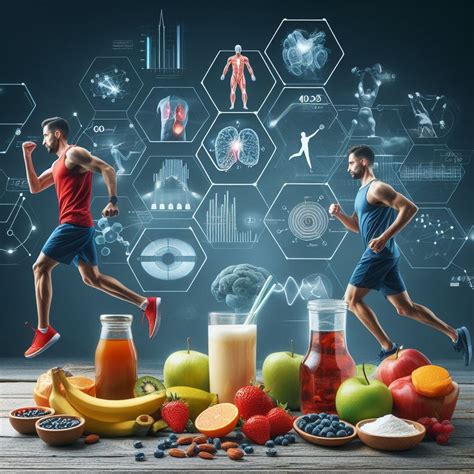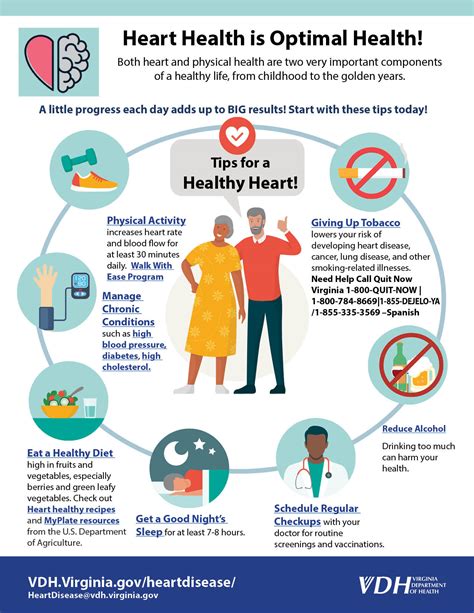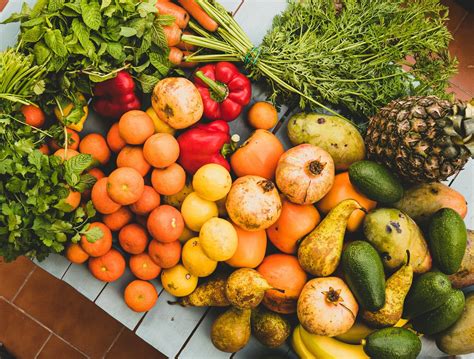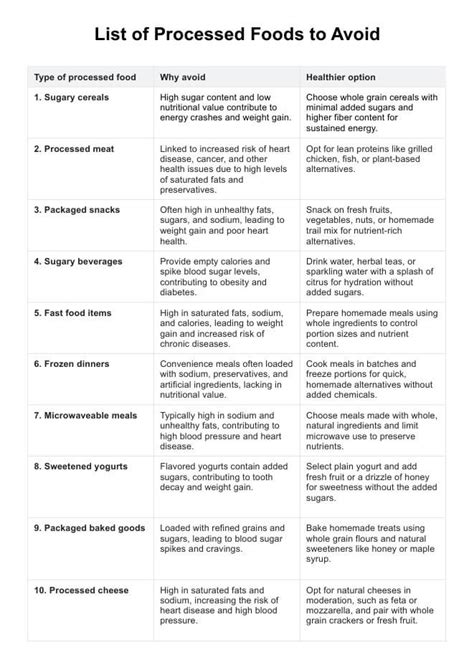What nutrition boosts natural testosterone for strength and vitality?

Natural testosterone levels play a pivotal role in men’s health, influencing everything from muscle strength and bone density to mood, energy, and libido. As men age, testosterone levels can naturally decline, but diet and lifestyle interventions offer powerful ways to support and optimize its production. Understanding which nutrients and foods impact this vital hormone is crucial for anyone seeking to enhance their strength and vitality naturally.
Essential Nutrients for Testosterone Synthesis
Boosting natural testosterone isn’t about consuming a single “magic” food, but rather a holistic approach to nutrition, ensuring adequate intake of specific vitamins and minerals that act as cofactors in hormone production.

Zinc: The Mineral for Male Health
Zinc is a critical mineral for testosterone production. Studies have shown that even a marginal zinc deficiency can lead to a significant drop in testosterone levels. It’s involved in various enzymatic reactions and plays a role in luteinizing hormone (LH) production, which signals the testes to produce testosterone.
- Sources: Oysters (exceptionally high), red meat, poultry, beans, nuts, fortified cereals.
Vitamin D: The Sunshine Hormone
Often referred to as a pro-hormone, Vitamin D is intimately linked with testosterone. Research indicates that men with sufficient Vitamin D levels tend to have higher testosterone. Sunlight exposure is the best way to synthesize Vitamin D, but dietary sources and supplements are also important, especially in regions with limited sun.
- Sources: Fatty fish (salmon, mackerel), cod liver oil, fortified milk and cereals, egg yolks.
Magnesium: Beyond Muscle Function
Magnesium is another vital mineral that influences testosterone by reducing oxidative stress and improving insulin sensitivity, both of which can impact hormone regulation. It also helps prevent testosterone from binding to sex hormone-binding globulin (SHBG), making more free testosterone available in the body.
- Sources: Leafy green vegetables (spinach, kale), nuts (almonds, cashews), seeds (pumpkin, chia), legumes, whole grains, dark chocolate.
The Role of Macronutrients and Healthy Fats
While micronutrients are key, the overall balance of macronutrients – proteins, carbohydrates, and fats – also significantly impacts hormonal health.

Healthy Fats are Non-Negotiable
Testosterone is a steroid hormone derived from cholesterol. Therefore, a diet severely restricted in healthy fats can hinder its production. Focus on monounsaturated and polyunsaturated fats.
- Sources: Avocados, olive oil, nuts, seeds, fatty fish (omega-3s).
Protein and Carbohydrates in Balance
Adequate protein intake supports muscle mass and overall bodily function, indirectly supporting testosterone by maintaining a healthy metabolic state. Carbohydrates provide energy and can help manage cortisol levels, a stress hormone that can suppress testosterone when elevated. Striking a balance, rather than extreme restriction of either, is often recommended for optimal hormonal health.
Foods to Prioritize for Testosterone Support
Beyond individual nutrients, certain foods offer a synergy of beneficial compounds.

- Oysters: As mentioned, a powerhouse of zinc.
- Fatty Fish (Salmon, Tuna): Rich in Vitamin D and Omega-3 fatty acids, both crucial for hormone health.
- Leafy Green Vegetables (Spinach, Kale): Excellent sources of magnesium and other beneficial micronutrients.
- Eggs: Contain Vitamin D, healthy fats, and protein, making them a complete nutritional package.
- Garlic: Contains diallyl disulfide, a compound that has been linked to increased testosterone production in some studies.
- Berries and Antioxidant-Rich Fruits: Help reduce oxidative stress, which can negatively impact testosterone.
Foods and Habits to Limit or Avoid
Just as some foods boost testosterone, others can hinder its production.

- Processed Foods and Sugary Drinks: Often lead to insulin resistance and inflammation, both detrimental to hormonal balance.
- Excessive Alcohol: Can increase estrogen and decrease testosterone.
- Trans Fats: Found in many fried and processed foods, these are linked to lower testosterone levels and overall poor health.
Beyond Diet: Lifestyle Synergy
While nutrition is a cornerstone, remember that it works in tandem with other lifestyle factors:
- Regular Exercise: Especially strength training and high-intensity interval training (HIIT).
- Sufficient Sleep: Crucial for hormone regulation.
- Stress Management: Chronic stress elevates cortisol, which can suppress testosterone.

Conclusion
Optimizing natural testosterone for enhanced strength and vitality is a comprehensive journey rooted in smart nutrition. By prioritizing zinc, Vitamin D, magnesium, and healthy fats, while balancing macronutrients and limiting detrimental foods, you can create a dietary foundation that supports robust hormonal health. Combine these nutritional strategies with adequate sleep, regular exercise, and stress management for the most powerful and sustained boost to your well-being.









